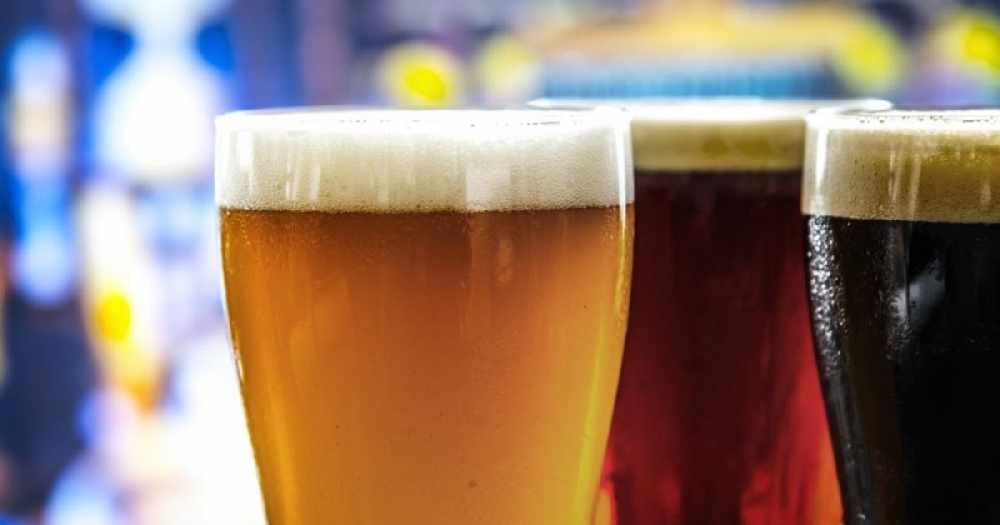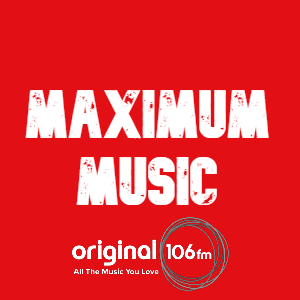
The consumption of alcohol in Scotland has reached a 26-year low.
A new report from Public Health Scotland shows that sales of booze last year fell for the third consecutive year, and were at their lowest level since 1994.
Sales of alcohol in Scotland were 6% higher than in England and Wales, but that is the smallest difference between the two areas, suggesting more Scots are turning away from drink than in other parts of the UK.
Dr Elizabeth Richardson, public health intelligence adviser at Public Health Scotland, said: "Today’s MESAS report shows population-level alcohol consumption in Scotland has fallen for the third consecutive year, with the reduction from 9.9 litres per adult in 2019 to 9.4 litres per adult in 2020 representing the largest year-on-year decrease in Scotland in the time series available.
"In 2020 Covid-19 restrictions included the closure of licenced alcohol premises, such as pubs, clubs and restaurants.
"We have previously shown that per-adult sales were lower overall between March and July last year, during the first national lockdown, and it’s likely that the pandemic and associated restrictions have contributed to the lower alcohol consumption we see across the Scottish population in 2020.
"Despite these trends, the most recent survey data show that nearly a quarter of people still drink more than the recommended low risk weekly guideline. Among people exceeding the guideline, it is those in the lowest income group who are likely to consume the most.
"An average of 20 people per week die as a result of their alcohol consumption, and whilst this latest figure represents the lowest rate since 2012, again it is those in the most-deprived areas that are more likely to be hospitalised or die because of an alcohol-related harm. Like all harm caused by alcohol, this is preventable."
Alison Douglas, chief executive of Alcohol Focus Scotland, said: "We’re really pleased to see that as a nation we are drinking less for the third year running and that alcohol consumption is at a 26-year low – this is a good indication that minimum unit pricing is having the intended effect.
"Although the restrictions on pubs and restaurants for much of 2020 will have affected consumption across the UK, it is notable that the reduction in alcohol purchases Scotland is greater than in England and Wales.
"But given nearly a quarter of Scots are still regularly drinking over the chief medical officers’ low-risk drinking guidelines, we can’t afford to take our eye off the ball where preventing alcohol harm is concerned.
"We need to make sure we’re getting the most out of minimum unit pricing. The Scottish Government should increase the minimum price to at least 65p per unit.
"Setting it at this level will make good the effects of inflation over the nine years since the policy was approved by the Scottish Parliament.
"More importantly it will increase the positive benefits of the policy by reducing consumption, saving more lives and preventing a new generation from developing an unhealthy relationship with alcohol."


 John Swinney announces SNP leadership bid
John Swinney announces SNP leadership bid
 Jimmy Thelin appointed new manager of Aberdeen Football Club
Jimmy Thelin appointed new manager of Aberdeen Football Club
 14°C
14°C
 13°C
13°C